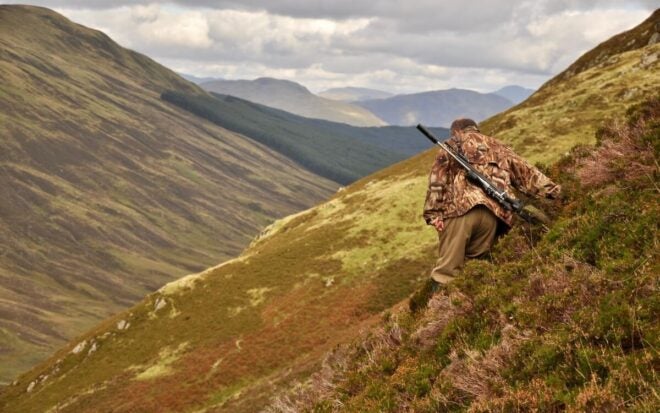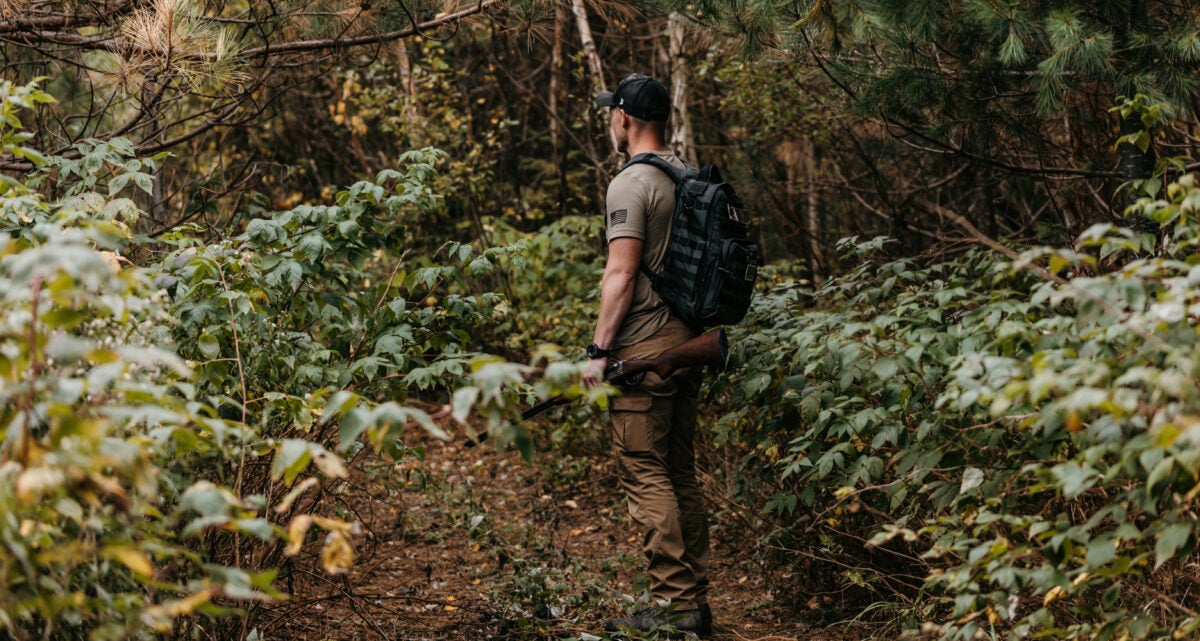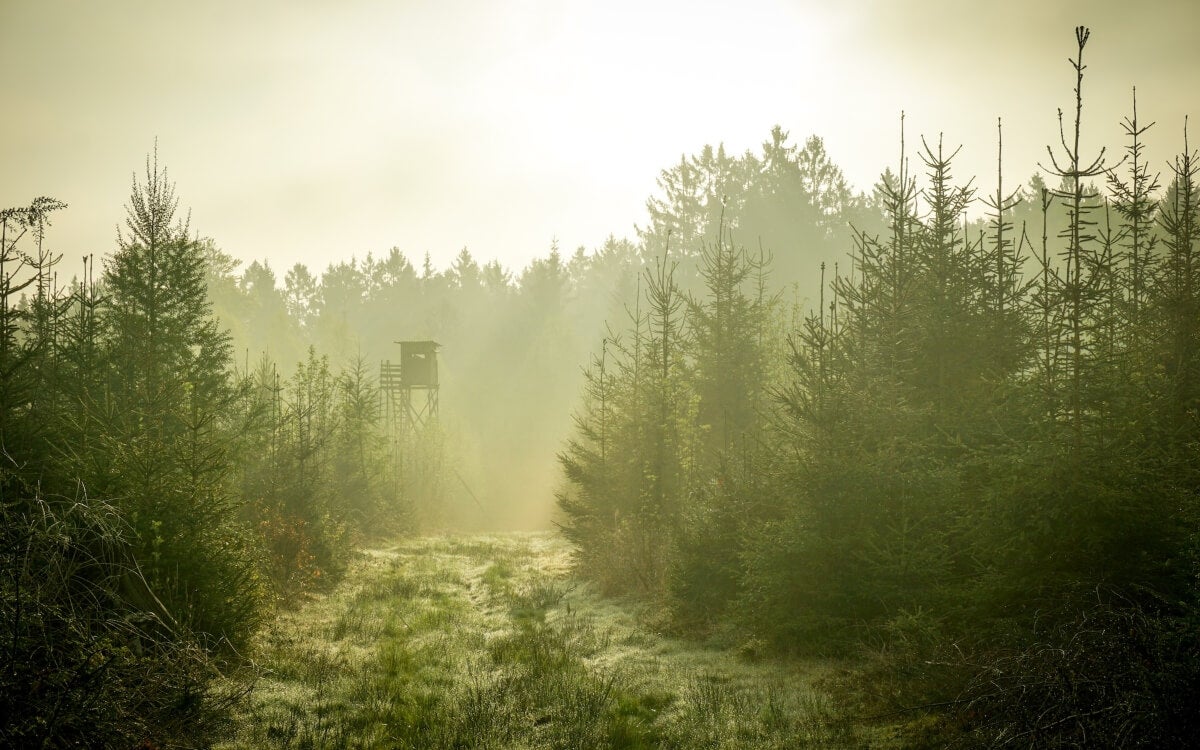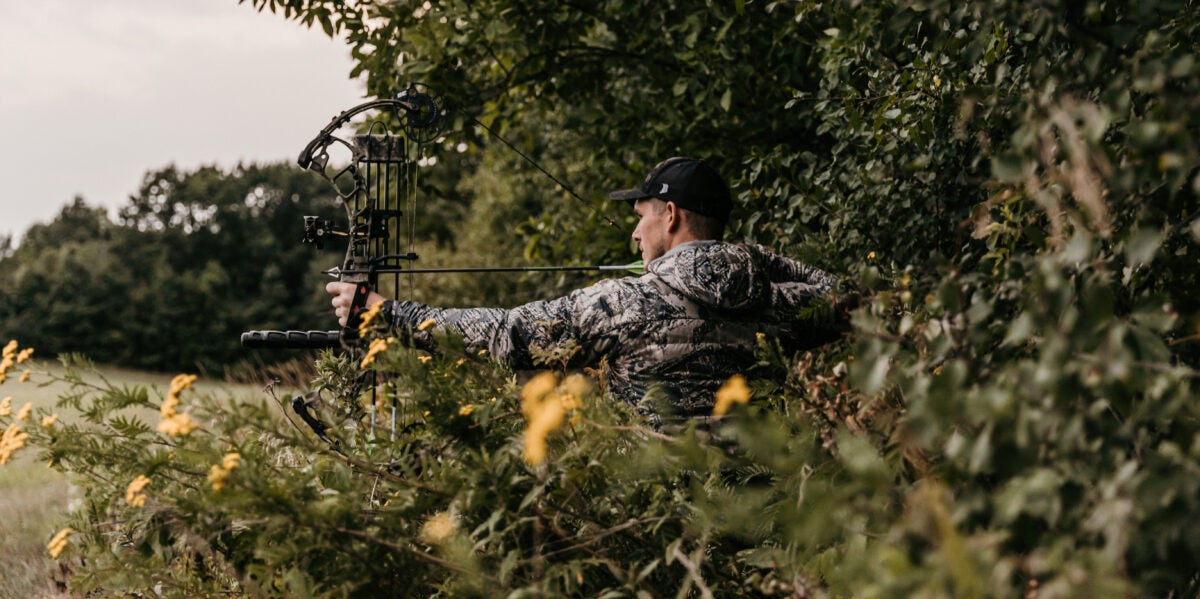Injury Risk – How to Minimize It on Your Next Hunting Excursion
Martin Banks 04.03.23

Hunting is one of the most dangerous outdoor activities on Earth especially when going after big game like bears, elk, and moose. Your firearm, the terrain, extreme weather, and other hunters also pose serious risks to your safety. Here are seven must-know tips to minimize the injury risk on your next hunting trip.
1. Study Your Terrain
You must study the geography of your hunting grounds before the trip. Where are the trails? What are the significant landmarks? Are there any areas you should avoid? Hunters who know their terrain are less likely to get lost or encounter dangerous places prone to landslides, floods, and other natural disasters.
You should also check to see if the area has any venomous animals or poisonous plants. Poison ivy, oak and sumac are all over the place, along with toxic berries and mushrooms. Only four U.S. states don’t have any known venomous snake species — Alaska, Hawaii, Maine and Rhode Island. All others have at least a handful of deadly snakes slithering around.
2. Learn Basic First Aid
Every hunter should learn basic first-aid skills before hitting the trail. Knowing how to cleanse a wound or ward off hypothermia could save you or a friend’s life. These are the most important things to know:
- Conducting CPR
- Performing the Heimlich maneuver
- Stopping and cleansing a bleeding wound
- Stabilizing sprained joints
- Setting a splint for broken limbs
- Applying sutures and stitches
- Diagnosing concussions
- Preventing hypothermia and frostbite
Everyone attending your hunting trip should also assemble an individual first-aid kit and keep it with them at all times. Medical emergencies tend to occur when you least expect them.
3. Follow the Buddy System
The buddy system is a universal rule for all physically challenging outdoor activities. You should always go into the wilderness with a companion, even if you’re an experienced hunter and know the terrain. If you get injured, your friend can administer first aid and call for help.
Hunting alone does have its benefits, including less noise and a weaker human scent. However, they don’t outweigh the risks. You could be in huge trouble if you suffer a minor injury like a sprained ankle and nobody is around to help.
4. Wear Protective Gear and Bright Colors
The right clothing can significantly lessen your injury risk. Compression shorts and shirts reduce lactic acid buildup and promote healthy blood circulation. You should also wear eye and ear protection when handling your hunting rifle. Every hunter is required to wear bright colors so others can see them. Most states require 400 to 500 square inches of orange above the waist. You should also dress warm, especially if you’re a tree-stand hunter. You don’t want frostbite or hypothermia to set in. You can always remove the top layer if the temperature is too warm.
5. Remember the Rules of Gun Safety
Gun safety is a crucial part of injury risk while hunting. An accidental discharge could result in a lethal gunshot wound. You must practice the basic rules of firearm safety at all times, especially these five rules:
- Always point your gun in a safe direction.
- Always treat your weapon like it’s loaded.
- Keep your finger off the trigger until you’re ready to shoot.
- Get a clear line of sight and ensure nothing obstructs your target.
- Don’t put all your faith in your gun’s safety mechanisms.
If someone in your hunting group gets careless with their firearm, don’t hesitate to call them out. Guns aren’t toys, as every hunter should know. You need to handle them with great care and responsibility.
6. Use Safety Belts in Tree Stands
Falls from tree stands are among the most common hunting accidents resulting in major injuries. Make sure you wear a safety belt if you use one. Using a temporary stand might also be safer than a permanent one, which can deteriorate and become unstable after sitting in the wild for a long time.
7. Don’t Use Drugs or Alcohol
You must stay away from drugs and alcohol. Impairing your senses and coordination skills in the wilderness is a horrible idea, regardless of the activity. It’s especially stupid while hunting because you have a firearm and you’re supposed to keep a low profile. Besides, hunting trips are exciting enough on their own. You shouldn’t need any more stimulants to enjoy the experience.
Injury Risk – Stay Safe and Have Fun
Hunting trips are dangerous affairs, but that’s part of the appeal. Navigating rough terrain and taking down a wild animal has many opportunities for injury. That’s why these safety tips are so important. Keep them in the back of your mind to stay safe, have a productive time in the woods, and keep your injury risk at a minimum.


